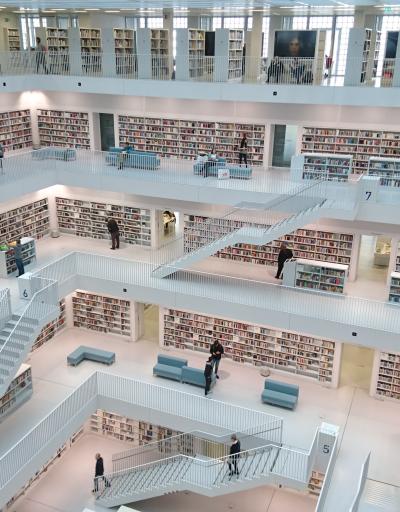
Shutterstock
1. national strategy and frameworks for the development of cultural and creative sectors

Where
Timor-Leste
Timor-Leste
When
2020
2020
Who
State secretary for art and culture , ministry of tourism, commerce, and industry
State secretary for art and culture , ministry of tourism, commerce, and industry
Website of the policy/measure
Website
Website
Read the full report
Go to full report
Go to full report
Description of the policy/measure
The government has implemented several laws and policies pertaining to national strategy and frameworks for the development of cultural and creative sectors in timor-leste, including the following: 1. constitution of the democratic republic of timor-leste; 2. national policy for culture; and 3. national policy for industry (drafting); constitution of the democratic republic of timor-leste (cdrt) plays an important role in establishing strategy and frameworks for the development of cultural and creative sectors. it serves as a fundamental legal basis in driving cultural and creative sectors development. articles in the cdrt that most reflect on this sector include: 1. article 59 on "education and culture"; 2. article 40 on "freedom of speech and information"; 3. article 41 on "freedom of the press and mass media"; 4. article 16 on "universality and equality" (for more details, refer to gender equality in goal 4); 5. article 17 on "equality between women and men" (for more details, refer to gender equality in goal 4); and 6. article 60 on "intellectual property" (for more details, refer to artistic freedom in goal 4). as mandated by the cdrt, article 59: "the state shall recognize and guarantee that every citizen has the right to education and culture and everyone has the right to cultural enjoyment and creativity and the duty to preserve, protect, and value cultural heritage", the government, through the state secretary for arts and culture, has established the national policy for culture in 2009. this policy stands as the direct legal basis for the management of policies and measures on efficient preservation and promotion of cultural heritage, development of traditional culture, and direction in combining outside innovation with good quality. the general purpose of the national policy for culture is to develop culture as a dynamic element in all areas of governance. the goal is to design government measures (regulations and programs) that "using culture to affirm the identity of timor-leste as nation and state". this general purpose is directly linked to other specific objectives, which are regarded as components of the national policy for culture, including democratization and decentralization of access to culture; preservation of the memory and expressions of traditional culture; as well as preservation of cultural heritage and development of the arts through intellectual and artistic support. overall, these objectives have been categorized into the following national strategies for cultural development: 1. establish the national library and museum to be operated simultaneously as a repository and a dynamic hub for the various cultural aspects with expression in timor-leste; 2. establish regional cultural centers in each municipality to highlight timorese music, art and dance and to serve as cultural foci within each region; 3. disseminate and promote cultural heritage; 4. cooperate with national and international universities to capacitate timorese cultural professionals in development of cultural projects; 5. produce cultural content to integrate into the school curriculum at various levels of formal and non-formal education; 6. create cultural mappings and inventorying system to disseminate available cultural information; 7. create legal mechanisms to regulate the culture sector in timor-leste; 8. support cultural initiatives from individuals and private entities; and 9. creation of two other institutions of a cultural nature: the school of music and the school of fine arts; to further improve employment opportunities and income for its citizens, the government, through the ministry of tourism, commerce, and industry, are currently in the process of drafting the national policy for industry. this policy is aimed to manage key measures in the industry sector that support the growth of local entrepreneurship. strategies designed within this national policy will enhance private investment while promoting economy diversification and sustainable management of employment. this policy also covers strategy for industrial development, particularly human resource based industrialization that can lower dependency of the manufacturing industry on imports.
2005 Convention Monitoring Framework Goal(s)
Area(s) of Monitoring
Cultural Domain(s)
Results achieved
Reported achievements include: 1. establishment of the cultural center of lautem municipality and the national library; and 2. cultural dissemination and promotion programs through brochures, pamphlets, books, and other publications on cultural heritage programs at the national level also one of the achievements of the national cultural policy;


